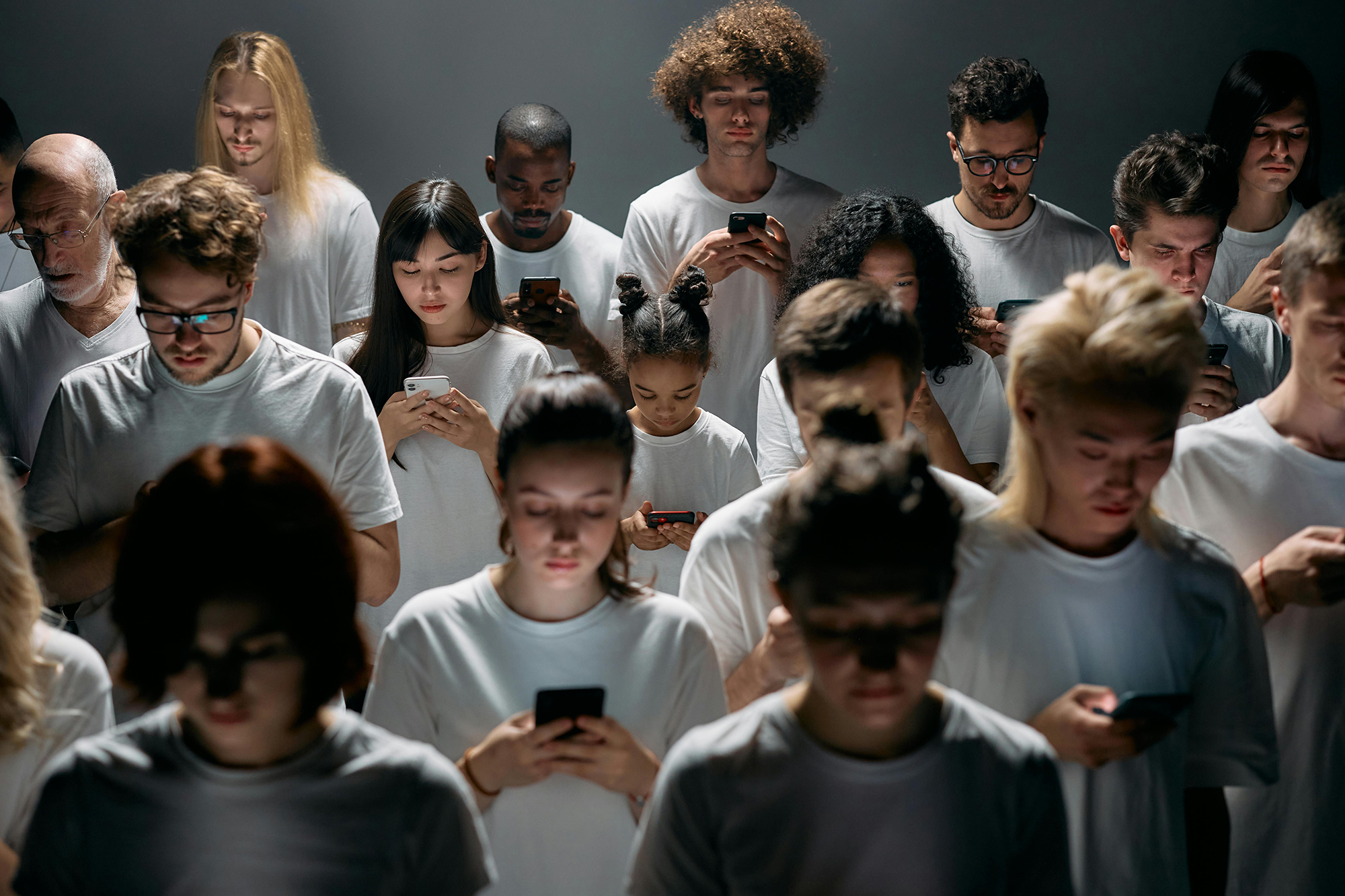Introduction
In today’s fast-paced world where social media dominates our lives and the pressure to measure up is ever-present, finding peace and contentment can be a challenge. In this thought-provoking podcast episode titled “Finding Sanctuary,” psychologists Debbie Draybi, Natalie Moujalli, and Eddie Reaiche explore the detrimental effects of comparison and the fear of missing out (FOMO) on our mental health and well-being. They discuss the importance of self-awareness, setting boundaries, reconnecting with the natural world and authentic human connections. This article delves deeper into the key takeaways from the podcast, offering insights and practical advice on how to navigate the pitfalls of comparison and find sanctuary in our daily lives.
Key Takeaways
- Comparison is the highest form of self-destruction: Constantly comparing ourselves to others leads to self-defeating thoughts and prevents us from appreciating what we have in front of us. It is essential to focus on the present moment and cultivate self-compassion.
- The joy of missing out (JOMO): Instead of succumbing to the fear of missing out, embracing the joy of missing out allows us to find contentment in solitude and quiet moments. By setting boundaries and moderating our use of technology, we can create space for self-reflection and genuine connections.
- The dangers of social media and the loss of self: Social media platforms often present a sanitised version of reality, leading to unrealistic expectations and a loss of self. It is crucial to be aware of the impact of social media on our mental health and to prioritise real-life connections and self-acceptance.
The Pitfalls of Comparison
Comparison is a natural human tendency, but when taken to extremes, it can be detrimental to our mental well-being. Natalie highlights the dangers of constantly striving to measure up to others and the negative impact it can have on our self-esteem. She emphasises the importance of focusing on what is in front of us and appreciating the present moment. By doing so, we can build self-compassion and teach our children the value of being content with themselves.
Eddie adds to this discussion by sharing his experience with clients who have become slaves to their devices and social media. He recounts a powerful story of a client who disconnected from technology for a week and experienced a transformation in his relationships and overall well-being. This anecdote underscores the need for balance and boundaries in our use of technology. By setting limits and prioritising real human connections, we can break free from the cycle of comparison and find joy in the present moment.
The Joy of Missing Out (JOMO)
In a world that constantly bombards us with information and opportunities, the fear of missing out (FOMO) has become a prevalent issue. Natalie introduces the concept of the joy of missing out (JOMO) as an antidote to FOMO. She explains that while it may initially feel lonely and isolating to step away from the noise and distractions, over time, we begin to appreciate the fruits of solitude and quiet moments. By embracing JOMO, we can find contentment in missing out on certain experiences and focus on what truly matters to us.
Eddie shares his own journey of disconnecting from negative influences, such as talkback radio and the news, and how it led to a newfound sense of contentment. He encourages listeners to find joy in the simple pleasures of life, such as a sunny day or a nice walk, and to appreciate the beauty that surrounds us. By shifting our focus from external comparisons to internal fulfillment, we can cultivate a sense of peace and sanctuary in our lives.
The Dangers of Social Media and the Loss of Self
One of the most significant challenges in today’s digital age is the impact of social media on our mental health and self-perception. Eddie highlights the rise of body dysmorphia, a condition characterised by an obsessive focus on one’s appearance. He attributes this phenomenon to the constant comparisons and unrealistic portrayals of beauty on social media platforms. It is crucial to recognise that social media presents a curated version of reality, and comparing ourselves to these idealised images is both unfair and detrimental to our self-esteem.
Natalie adds that social media can also lead to a loss of self and a disconnect from our authentic identities. The pressure to present a certain image and gain validation from others can inflate our egos and hinder our personal growth. She emphasises the importance of self-awareness and challenging ourselves to step away from our devices and the constant need for external validation. By reconnecting with our true selves and prioritising real-life connections, we can find sanctuary in our own authenticity.
Conclusion
In a world dominated by comparison and the fear of missing out, finding sanctuary requires self-awareness, setting boundaries, and reconnecting with the natural world and authentic human connections. The key takeaways from the “Finding Sanctuary” podcast episode highlight the importance of focusing on the present moment, embracing the joy of missing out, and being mindful of the dangers of social media. By cultivating self-compassion, finding balance, and prioritising genuine connections, we can navigate the pitfalls of comparison and find peace and contentment in our daily lives. Remember, you are perfect just as you are, and there is beauty in embracing your true self.



Leave A Comment